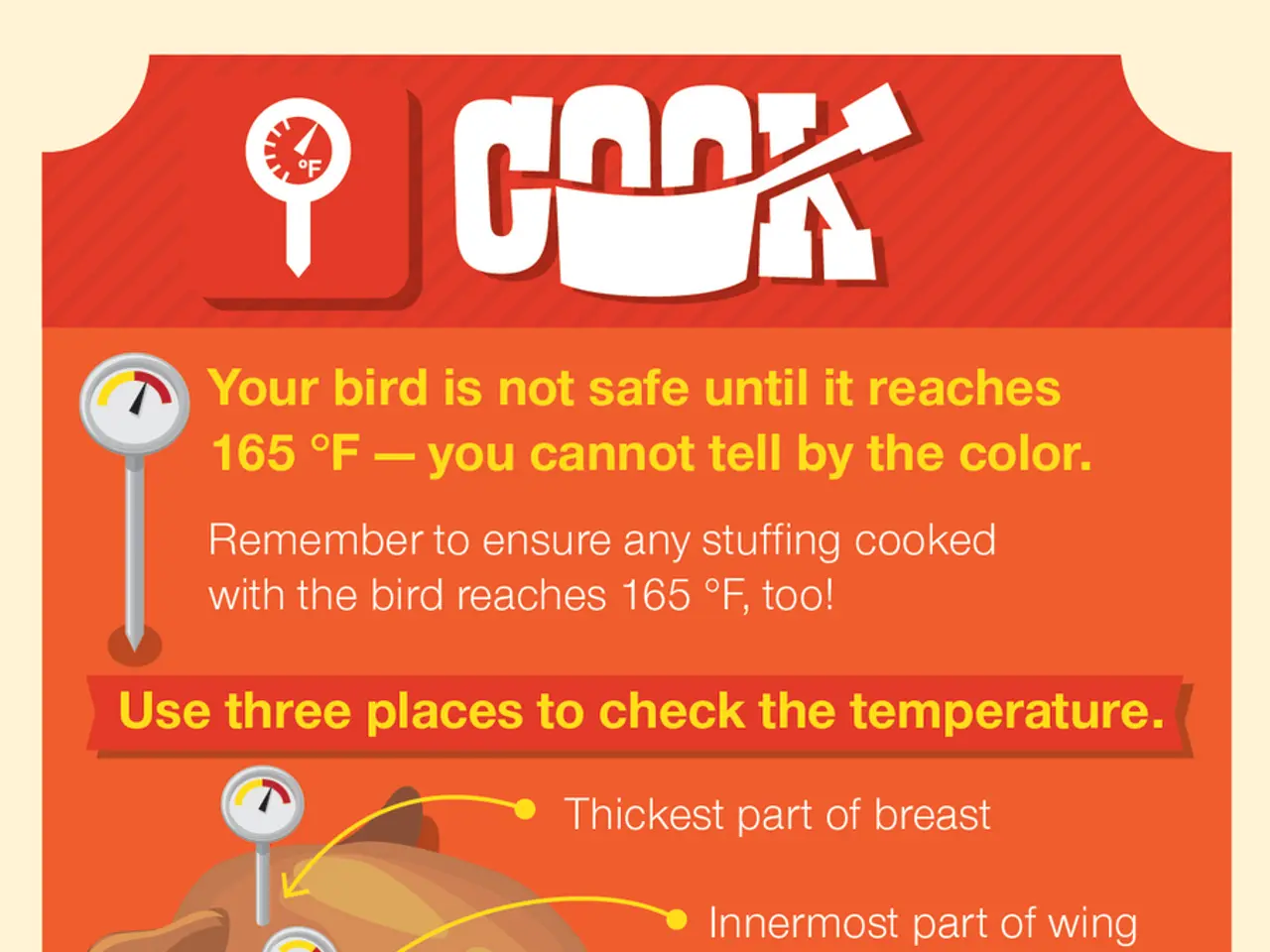Quick Solutions for Chickenpox at Home: Alleviating Symptoms Instantly
Chickenpox, a common and highly contagious virus, can cause a range of symptoms including itchiness, fever, and mouth sores. While there is no direct cure for chickenpox, several home remedies can provide relief and support recovery.
For itchiness relief, oatmeal baths, calamine lotion, baking soda paste, cold compresses, and vitamin E oil are effective solutions. Oatmeal, with its anti-inflammatory properties, soothes inflamed skin and reduces itching when mixed into a lukewarm bath and soaked for 15-20 minutes. Calamine lotion, applied lightly over the chickenpox blisters, offers itch relief without being too harsh. Baking soda paste, formed by mixing 1 teaspoon of baking soda with a little water, can be gently applied on the blisters for 10-15 minutes before washing off. A cold, wet cloth on itchy spots provides temporary relief from skin irritation. Vitamin E oil, applied to the skin, can soothe itching and help prevent scars from scratching.
In terms of fever management, rest, hydration, and avoiding certain medications are key. Rest is essential, and drinking plenty of fluids like water, herbal teas, and electrolyte drinks can prevent dehydration and help control fever. Aspirin and paracetamol are typically not recommended for chickenpox fever due to potential side effects. Cool foods and drinks, such as yogurt, ice cream, or shakes, can help reduce body heat and soothe discomfort.
Chickenpox can also cause mouth sores, making soft, bland foods like mashed potatoes, scrambled eggs, boiled chicken, and cooked vegetables recommended to avoid irritation. Non-acidic fruits and vegetables, such as bananas, peaches, melon, and cucumbers, are gentle on the mouth and help reduce histamine release, which can lessen itching and inflammation. Staying hydrated is crucial for easing digestion and preventing dehydration.
These remedies aim to alleviate symptoms and support the body's healing process. It is important to monitor symptoms closely and seek medical advice if complications occur. Anyone developing severe symptoms, such as a high fever or a fever that lasts for more than 4 days, pus oozing from the sores, difficulty walking, breathing, or waking, vomiting, stiff neck, severe abdominal pain, or any other concerning symptoms, should see a doctor.
In addition, calling the doctor in advance before setting up a medical appointment for a child with chickenpox can help protect others. Children should only use children's versions of over-the-counter medication and follow the dosage instructions. Pregnant women, newborns, people over the age of 12, people with weakened immune systems, people with chronic lung or skin conditions, people undergoing steroid therapy, and those who have not been vaccinated are at higher risk of complications from chickenpox.
Vaccines can help people avoid chickenpox infections entirely, but a small percentage of vaccinated people may still contract the virus. To prevent the spread of chickenpox, it is important to keep children home from school and away from public spaces.
In conclusion, while chickenpox is a common virus, there are several home remedies available to alleviate its symptoms and support recovery. Always consult a healthcare professional for medical advice and monitor symptoms closely.
- Pfizer, a leading pharmaceutical company, has developed a vaccine to prevent chickenpox infections, offering protection to those at higher risk of complications.
- Skin care is crucial during the recovery process; Vitamin E oil, with its soothing properties, can be applied to itchy spots on the skin to provide relief and help prevent scars from scratching.
- Neurological disorders can be a complication of chickenpox, particularly in individuals with weakened immune systems; anyone experiencing symptoms like difficulty walking, breathing, or waking, should seek immediate medical attention.
- In terms of mental health, it's essential to monitor a child's progress and offer support during their recovery from chickenpox; stress and anxiety can exacerbate symptoms, so maintaining a positive and reassuring environment is vital.
- Medical-conditions such as chronic lung and skin conditions can increase the risk of complications from chickenpox; people with these conditions should be cautious and seek medical advice if they contract the virus.




